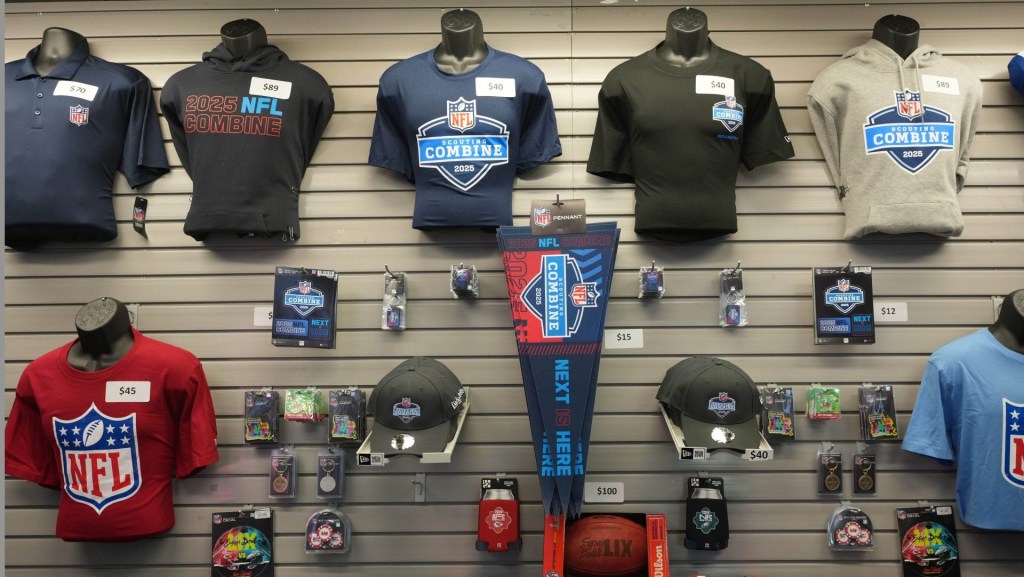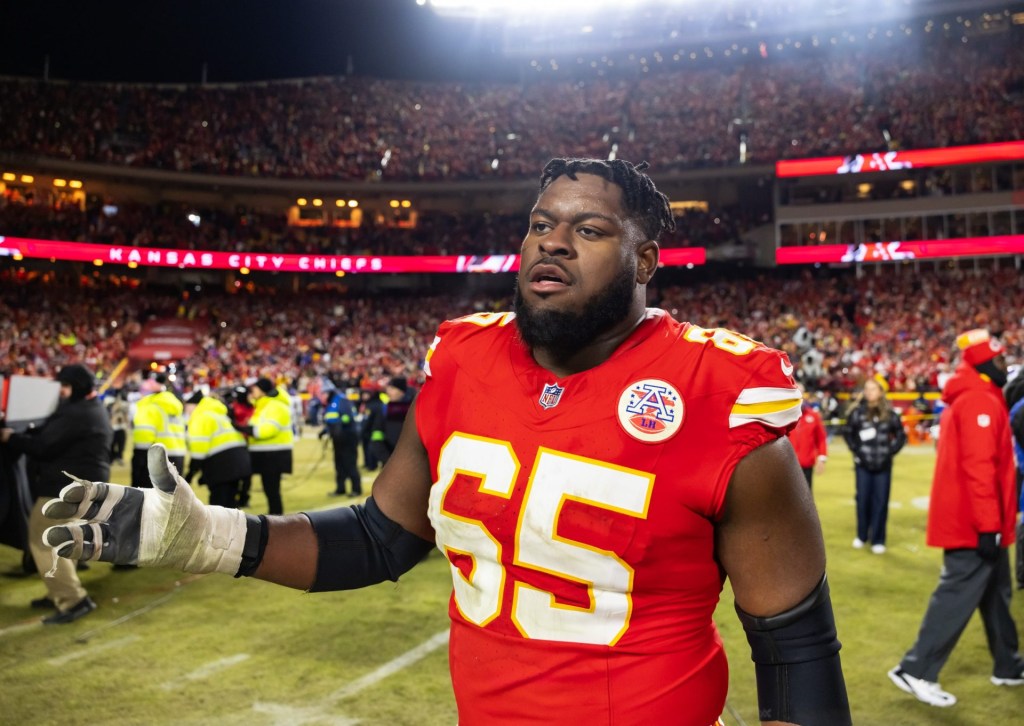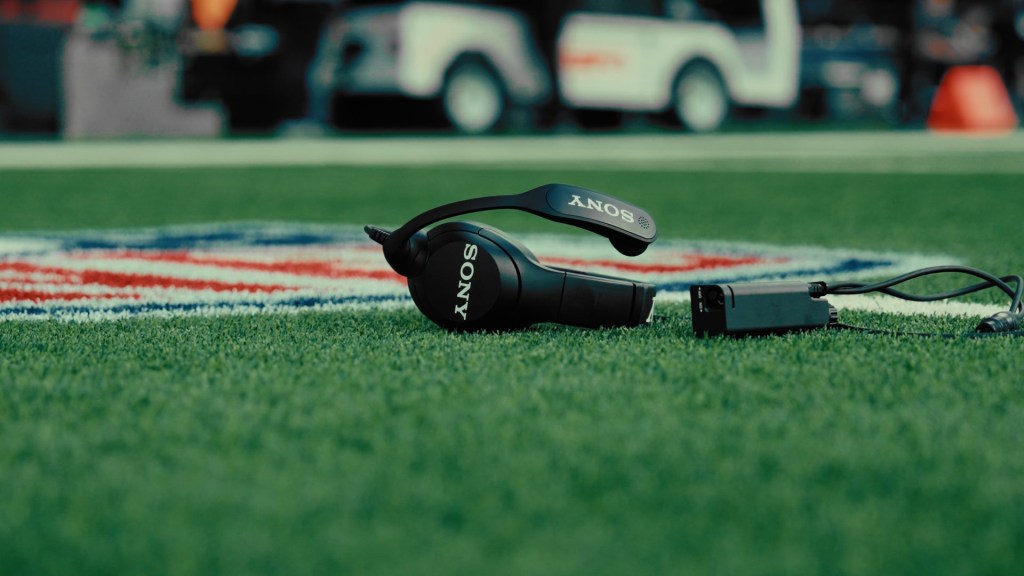
The weekly sports law brief will cover trending stories inside the sports industry.
An Introduction to Sports and the Law
From the USA Gymnastics lawsuit to Deflategate, the past year has shown the increasing interplay between the sports industry and litigation. It’s vital that executives and personnel in the sports industry keep apprised of the legal battles that could affect how business is done within their respective sphere.
Beginning this week, Front Office Sports and I will be producing a weekly briefing on the key legal issues that are arising from the sports industry. Many of these legal issues encapsulate several different areas of law, and our hope is to categorically break each story down so that non-lawyer sports executives and personnel can understand how the sports industry conforms to the law and what changes can be expected in various leagues and entities.
Ultimately, sports are governed by whatever set of rules they abide by—comparatively, the law dictates the rules of the game itself. A better understanding of the law positions sports professionals to be more successful in the sphere that they operate in. Because legal problems arise as a result of conflict, knowledge of what the law is and how it affects what you do on a daily basis can help to avoid future conflict and to insulate yourself from legal issues that other teams or entities might have had. Such knowledge could save your organization time and a significant amount of resources.
The intersection of sports and the law arguably began in Chicago, Illinois in 1919. At the time, the Chicago White Sox were in the World Series and accused of one of the worst scandals in sports history: throwing the 1919 World Series.
In 1919, Major League Baseball had only been around for a few decades and was not nearly as dynamic as the league is today. And, after the White Sox threw the World Series, the league was left with little recourse of how to best address the situation.
Major League Baseball’s team owners appointed a league commissioner, a Judge by the name of Kennesaw Mountain Landis, to serve as the first commissioner of a professional sport. The league justified the decision to hire Landis by explaining that the most important aspect of sports is it’s parity— or equal treatment for each of the teams. Fans began to assume that the league favored certain teams and that those teams were not winning based on talent, but rather based on secret arrangements between players and owners.
Once fans began to lose faith that the outcomes of games were fair, MLB felt the need to add a commissioner to assure that teams would work toward making the league as competitive as possible. Although this theme has come up multiple times through each league’s history, they have been able to stand the test of time because of the standards that were rooted in hiring Commissioner Landis in 1919: that each team act “in the best interests of the game.” Landis would ban each of the players involved in the scandal from the game of baseball for life.
Since Landis’ appointment to MLB commissioner, a lot has changed in the professional sports sphere. However, one thing remains constant: that the law will always have an effect on how the game itself is played. Today, it is in the best interests of the game for each member of the sports profession to understand how the law affects the industry.
It is our hope here at Front Office Sports that we will be able to help you help your organizations succeed and to help recognize important developments amongst a 24-hour news cycle of consummately breaking sports news.
These are the sports law stories that you should be aware of that have developed over the past week:
PLAYER OPERATIONS
With the onset of NFL free agency, the contracts that teams have been giving out have deviated from those in the past—in a very pro-player way. NFL contracts this off-season feature, generally speaking, more guaranteed money. This is a key issue that the NFLPA has been seeking to address and it appears as though they’ve been able to secure more guaranteed money as opposed to higher per-game salary checks and signing bonuses. Comparatively, the other major sports leagues feature fully guaranteed contracts: the ultimate goal of the NFLPA. This off-season, Kirk Cousins’ new, fully guaranteed contract with the Vikings has been seen as the guiding light for future deals. The Minneapolis Star Tribune, however, believes Cousins’ contract is the exception rather than the new rule.
The NFL concussion litigation going so poorly that stories about how well it’s going need to be read to be believed.
LEAGUE LITIGATION
The U.S. Soccer Federation is a defendant in an antitrust lawsuit filed by the North American Soccer League. Antitrust law is an older body of law that deals with fighting monopolies and conspiracies between market actors to keep other market actors out of the market. For example, in this U.S. Soccer Federation case, NASL is alleging that the U.S. Soccer Federation and Major League Soccer are colluding to keep NASL from competing as a professional soccer league in the United States. NASL is represented by Winston & Strawn’s Jeffrey Kessler—one of the top sports antitrust litigators in American history. Keep an eye on this case, it could affect the new leagues that are developed in the future and how they compete with bigger, pre-existing leagues.
MARKETING
The New York Jets were sued this week by a season-ticket holder. The Jets sell “Personal Seat Licenses” which is essentially when a fan pays a premium price for the right to buy tickets in a specific area of a stadium. The Jets marketed their PSL’s as containing rights to be able to purchase pre-season, post-season and regular season tickets in the Mezzanine level of MetLife Stadium in New Jersey. Initially, fans could not purchase certain tickets in the Mezzanine level without a PSL but the Jets have amended the policy. As such, PSL owners are upset for having paid extra for benefits which no longer are protected. This is an important case because it could lead to a chilling effect of the sale of PSLs, which are a key way which teams use to finance new stadiums.
SPORTS GAMBLING
The Supreme Court is due to make a monumental decision on the legalization of gambling across the United States. The State of New Jersey is challenging PASPA, a bill that claims to protect the integrity of sports by restraining gambling, in a case rooted in the Tenth Amendment, which reserves certain powers to the states. PASPA outlaws gambling across the United States save a few states (including Delaware, Oregon, Montana and Nevada) and New Jersey is seeking to have the law struck down so that it can legalize gambling within the state.
Stay tuned for future breaking sports law stories and our weekly updates here at FOS!
















